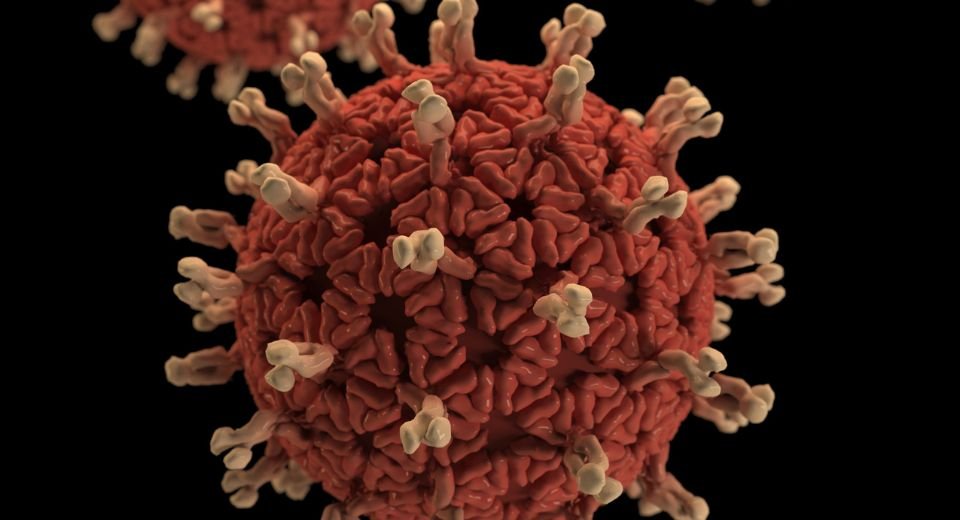HQ Team
January 30, 2023: COVID-19 will remain a pandemic as it continues to constitute a public health emergency of international concern, the WHO’s highest form of an alert.
The Director-General acknowledges the Emergency Committee’s views that the COVID-19 pandemic is probably at a “transition point“ and appreciates the advice of the Committee to navigate this transition carefully and mitigate the potential negative consequences.
The WHO’s International Health Regulations Emergency Committee met on January 27, 2023, to take stock of the Covid-19 situation.
The WHO Director-General, Dr Tedros Adhanom Ghebreyesus, concurs with the advice offered by the Committee regarding the ongoing COVID-19 pandemic and determines that the event continues to constitute a public health emergency of international concern (PHEIC),” according to a WHO statement.
While the world is in a better position than it was during the peak of the Omicron transmission one year ago, more than 170,000 COVID-19-related deaths have been reported globally within the last eight weeks.
Genetic sequencing declines
In addition, surveillance and genetic sequencing have declined globally, making tracking known variants and detecting new ones more challenging.
With the advent of vaccines and treatments, the pandemic situation has changed considerably since 2020. Tedros said he hopes to see an end to the emergency this year, notably if access to the counter-measures can be improved globally.
So far, 6.8 million people have lost their lives to the Covid-19 virus. China has also lifted its zero-Covid measures, such as removing quarantine and opening up travel and borders.
Health systems are currently struggling with COVID-19 and caring for patients with influenza and respiratory syncytial virus, health workforce shortages, and fatigued health workers.
Vaccines, therapeutics, and diagnostics have been and remain critical in preventing severe disease, saving lives and taking the pressure off health systems and health workers globally.
Response hobbled
Yet, the COVID-19 response remains hobbled in too many countries unable to provide these health systems are currently struggling with COVID-19 and caring for patients with influenza and respiratory syncytial, health workforce shortages, and fatigued health workers.
The WHO Secretariat expressed concern about the continued virus evolution in the context of unchecked circulation of SARS-CoV-2 and the substantial decrease in Member States’ reporting of data related to COVID-19 morbidity, mortality, hospitalization and sequencing.
Vaccine hesitancy and the continuing spread of misinformation continue to be extra hurdles to the implementation of crucial public health interventions.
At the same time, the long-term systemic sequelae of post-COVID-19 conditions and the elevated risk of post-infection cardiovascular and metabolic disease will likely have a severe negative ongoing impact on the population, and care plans for such patients are limited or not available in many countries.
Committee Members expressed concern about the ongoing risk posed by COVID-19, with a still high number of deaths compared to other respiratory infectious diseases, the insufficient vaccine uptake in low- and middle-income countries, and the highest-risk groups globally, and the uncertainty associated with emerging variants.
PHEIC continuation?
The Committee discussed whether the continuation of a PHEIC is required to maintain global attention to COVID-19, the potential negative consequences that could arise if the PHEIC was terminated, and how to transition safely.
The Committee acknowledged that the COVID-19 pandemic might be approaching an inflexion point. Achieving high levels of population immunity globally, either through infection or vaccination, may limit the impact of SARS-CoV-2 on morbidity and mortality. Still, there is little doubt that this virus will remain a permanently established pathogen in humans and animals for the foreseeable future.
As such, long-term public health action is critically needed. While eliminating this virus from human and animal reservoirs is highly unlikely, mitigation of its devastating impact on morbidity and mortality is achievable. It should continue to be a prioritized goal.








